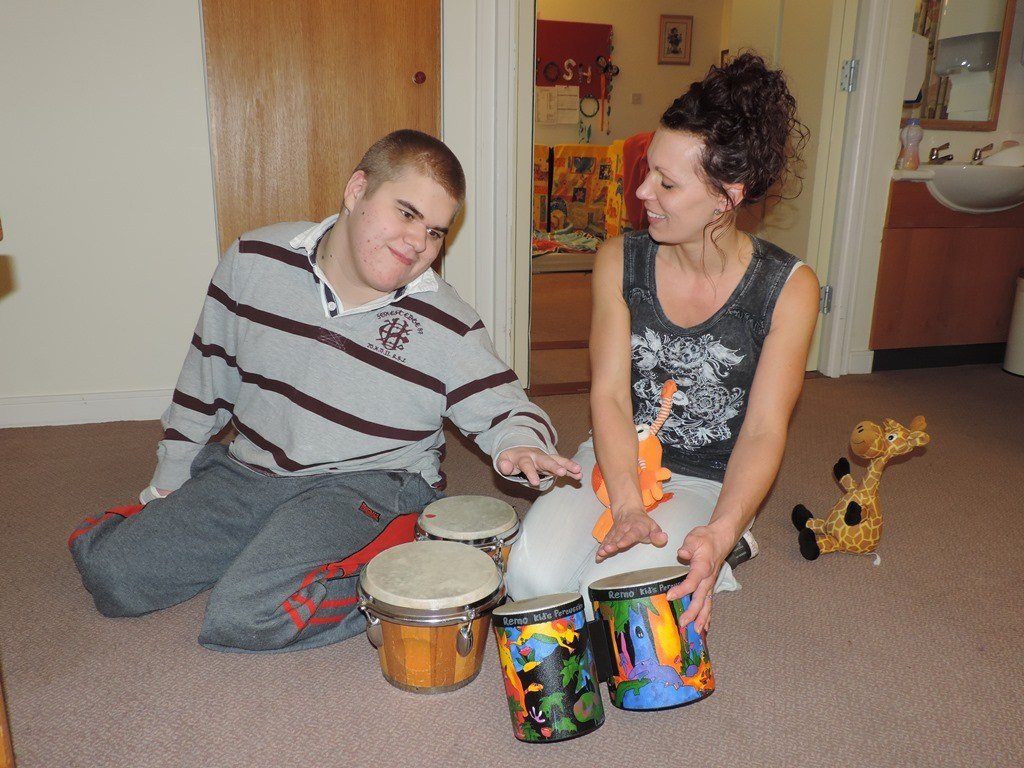Children’s palliative care nurses needed to bridge care gap
There are more than 50,000 children and young people in the UK who are expected to have short lives and the number is rising. These children have complex and unpredictable health conditions and rely on qualified children’s nurses with the right skills to provide palliative care and symptom management. Yet there is currently a shortage of children’s palliative care nurses and this is already having a negative impact on the care provided to children and families.
Two thirds of voluntary services surveyed by UK charity Together for Short Lives reported that a shortage in nurses is resulting in a reduced offer of care to families: closing beds, reducing respite or affecting the continuity of care.
Nurse vacancy rates in children’s palliative care voluntary sector is currently 10%, higher than the NHS nurse vacancy rate (7%). And the charity’s annual vacancy surveys show the negative impact on services is increasing year on year - in 2014 43% of respondents said they reduced the service offered to families as a result of vacancies, in 2015 this had increased to 65% reporting their vacancies were affecting the amount of care they can offer to families.
This week (19 Sep) Together for Short Lives launches You Can Be That Nurse, a campaign to encourage nurses to work in the sector and help bridge the care gap. The campaign launches with a film featuring three nurses at different stages of their career in hospice, home and hospital.
The film tackles some of the taboos around children’s palliative care by highlighting how rewarding these nursing roles can be; building strong relationships with families and providing holistic care right from the point of diagnosis through to end of life and beyond.
As part of the campaign, the charity is also asking the UK’s governments and healthcare workforce planners to take action to bring the average nursing vacancy rate among voluntary sector children’s palliative care organisations to less than 10% and closer to the NHS nurse vacancy rate.
The charity would like the Council of Deans to encourage university nurse training faculties to adopt our recognised best practice curricula for children’s palliative care nurse training.
Barbara Gelb, CEO of Together for Short Lives said: “The number of children who may need palliative care is rising yet children’s palliative care is facing a shortage of qualified nurses to provide care and support for this most vulnerable group of people. And it’s worrying that over a quarter of nurses at voluntary sector children’s palliative care providers are over 50 years, with many able to retire at 55; it’s vital we increase the number of qualified children’s palliative care nurses to bridge this care gap and future-proof care provision for seriously ill children and families.
“We need to encourage more nurses to join a brilliantly committed, intelligent and hard working group of children’s palliative care nurses who are dedicating their skills and passion to caring for and supporting children, young people and their families.”
Gillian Dickson, Workforce and Development Manager said: “Our You Can Be That Nurse campaign is about shining a light on the experiences of those working in this field and the wonderful opportunity a nursing career in this sector can bring. Government, healthcare workforce planners and universities also have an important role in making sure enough nurses are trained with the skills and competencies to care for seriously ill children.
“The nurses I meet working in children’s palliative care are extraordinary people. The varied nature of their role and the opportunity to provide holistic care to the child and their family make this one of the most rewarding roles in nursing.
“You can join them. You can be that nurse.”
Please share on social media with #YouCanBeThatNurse










